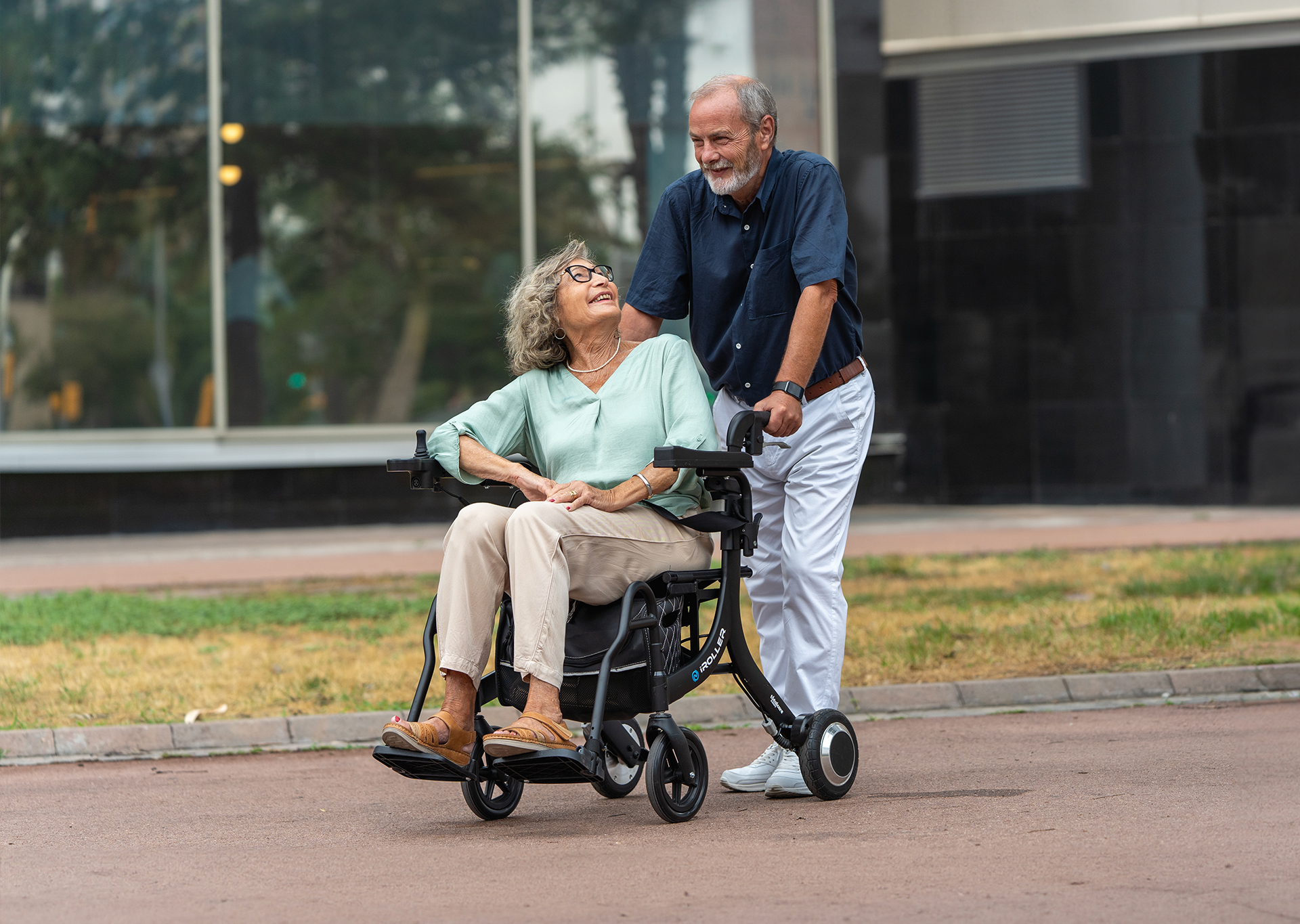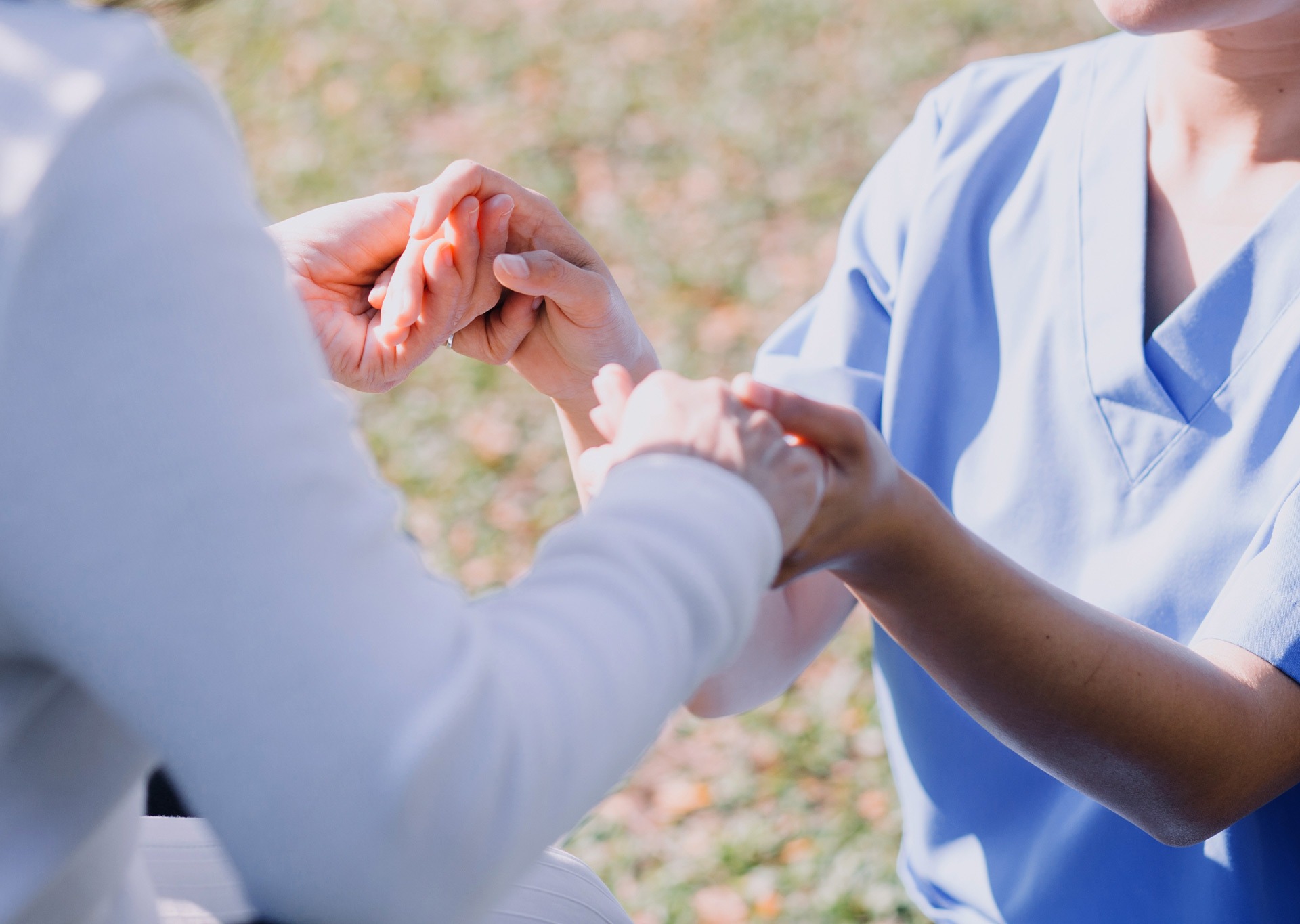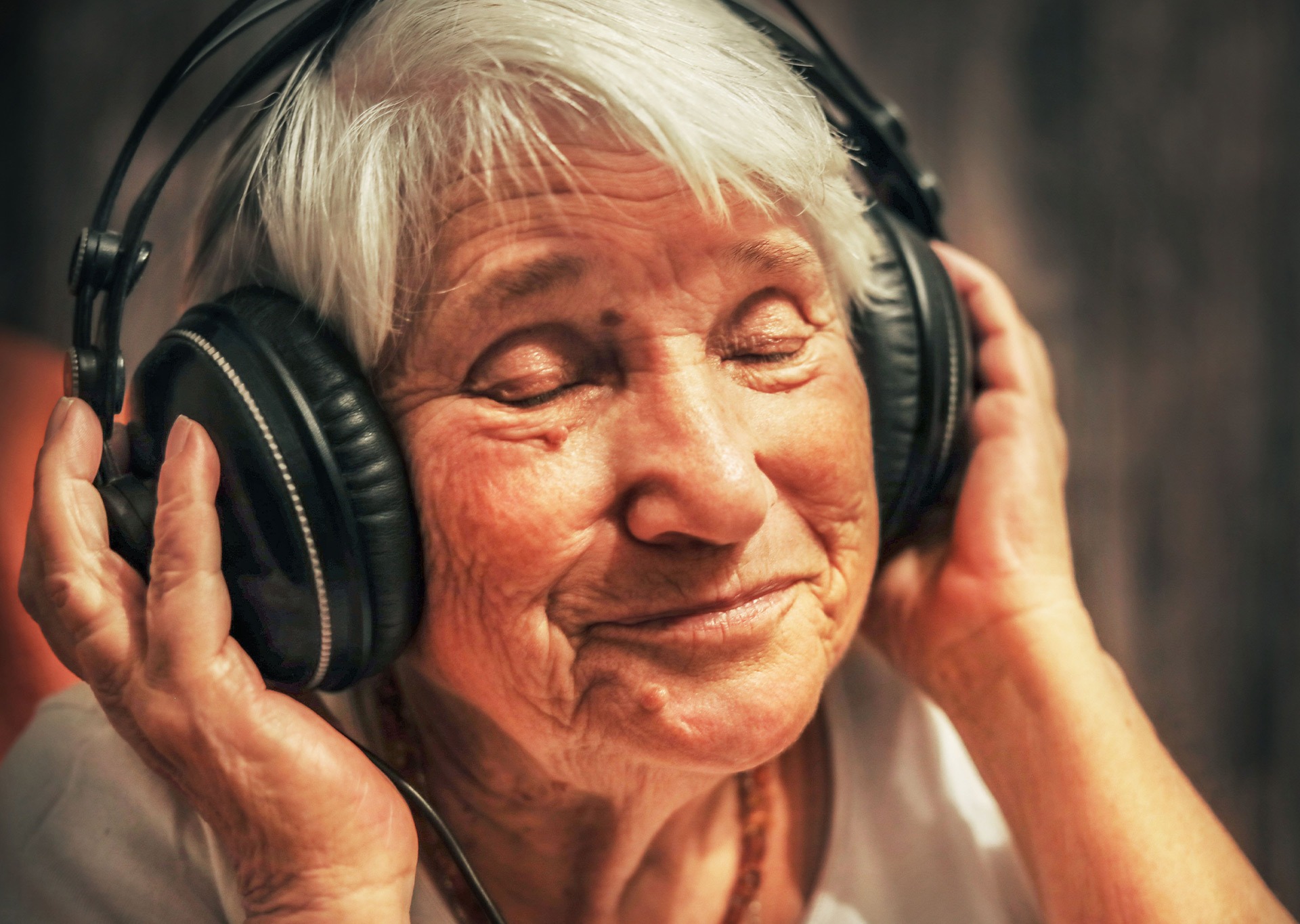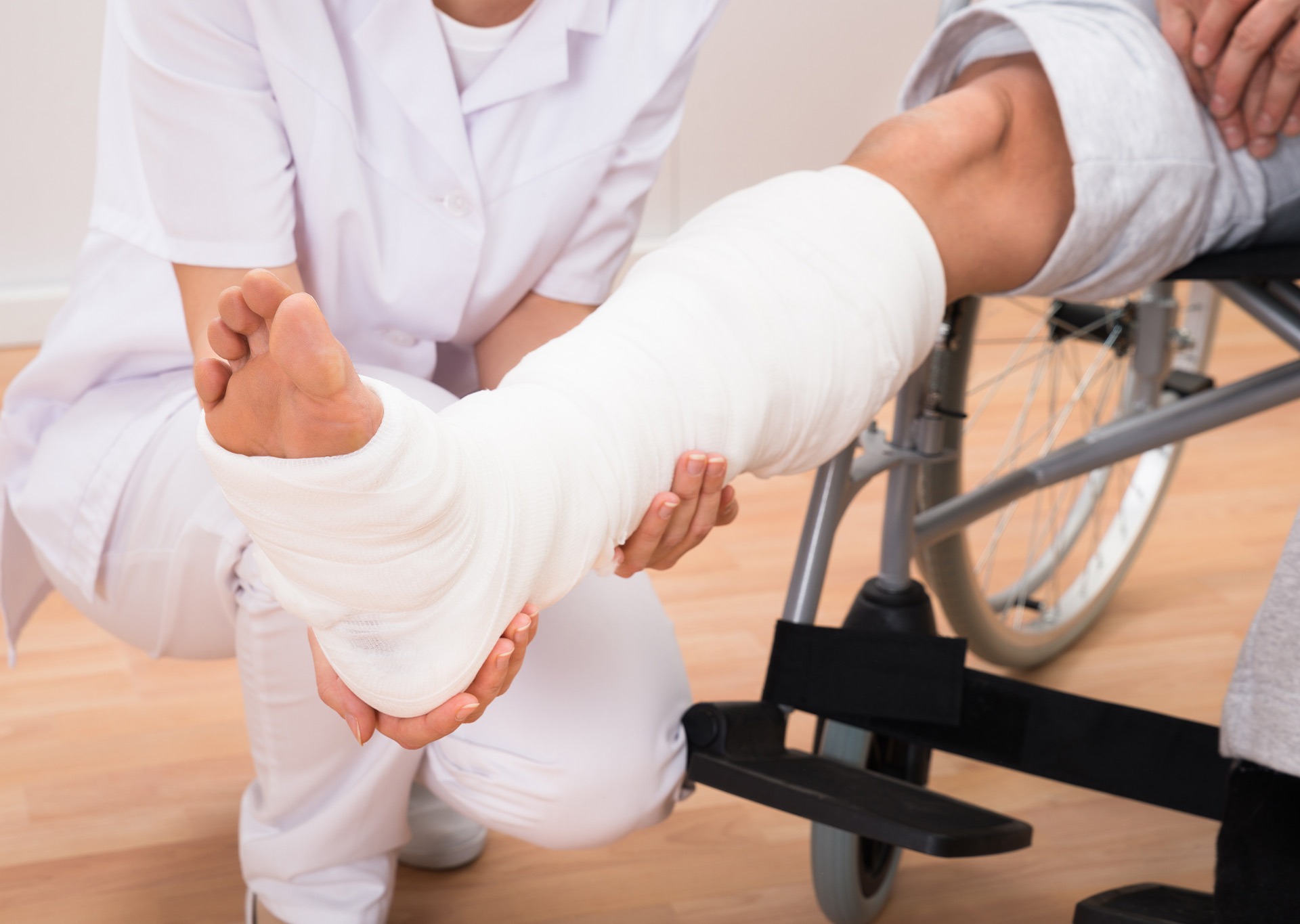
Winter care: the impact of weather on health
Winter can be a particularly challenging time for health, especially for people with reduced mobility or health conditions that make them more vulnerable. Low temperatures significantly affect our circulation, breathing and general well-being, and can exacerbate heart, respiratory or joint problems.
For older people, cold poses additional risks due to a reduced ability to regulate body temperature and an increased susceptibility to illnesses such as hypothermia or respiratory infections.
Below, we explore how cold impacts health, what precautions to take and how to ensure a safer, more comfortable and healthier winter for everyone.
Health effects of cold
Cold has several negative effects on health, the most prominent of which is the constriction of blood vessels. This phenomenon, caused by low temperatures, causes blood vessels to constrict, which reduces blood circulation and can increase blood pressure. This is a particularly serious problem for older people who, due to age, are less able to regulate their body temperature. In addition, cold can reduce the body’s ability to defend itself against infection and disease.
Risk of falls and injuries
One of the biggest risks that winter brings is an increased risk of falls. Icy or snow-covered surfaces can be extremely slippery, especially for those who use rollators, canes, electric or manual wheelchairs. The combination of slippery surfaces and the fatigue often caused by the cold makes falls more likely. This is particularly dangerous for older adults, who have more fragile bones and therefore a higher risk of fractures or serious injury.
In addition, extreme cold can cause joint stiffness, which affects mobility. People with conditions such as arthritis may experience increased pain or limited movement during winter, further complicating their mobility and increasing the risk of falls.
Winter presents significant health challenges, especially for people with reduced mobility or pre-existing health problems. Blood circulation and breathing are affected by the cold, which can result in respiratory complications and increased blood pressure. However, by taking appropriate precautions, such as dressing in layers, staying active and using specialised products, these risks can be mitigated.
Mobility aids
Here, mobility aids play a crucial role in maintaining mobility and independence during the winter. In this case, mobility aids play a crucial role in maintaining mobility and independence during the winter. Models such as the innovative iRoller are perfect examples of how technology can improve the lives of the elderly and people with reduced mobility.
The iRoller stands out as the first smart electric rollator available on the market, offering electric assistance that provides resistance for optimised control. With multiple adjustable speeds, it adapts to the individual needs of each user, allowing for an easier and more comfortable walk, even on slippery or slippery surfaces, common during winter.
One of the most outstanding features of the iRoller is its advanced anti-slip and fall prevention system. If it detects a sudden movement, the walker stops automatically, providing added safety. It is also versatile, functioning as a power rollator, power chair or motorised companion for effortless use by the caregiver. This rollator offers a practical, safe and comfortable solution to improve quality of life and independence in winter.
All in all, winter can be particularly challenging for older people, as the cold can significantly impact health, increasing joint stiffness, slowing circulation, and exacerbating respiratory conditions. The season also heightens the risk of falls due to icy surfaces and reduced mobility caused by bulky clothing or physical discomfort.
However, with proper care, specialised mobility aids like walkers or wheelchairs with enhanced traction, and preventative precautions, it is possible to navigate these challenges more safely. Ensuring homes are warm, using aids designed for winter conditions, and staying mindful of the risks can help mitigate the impact of the cold, reducing injuries and promoting a healthier, more active season.








